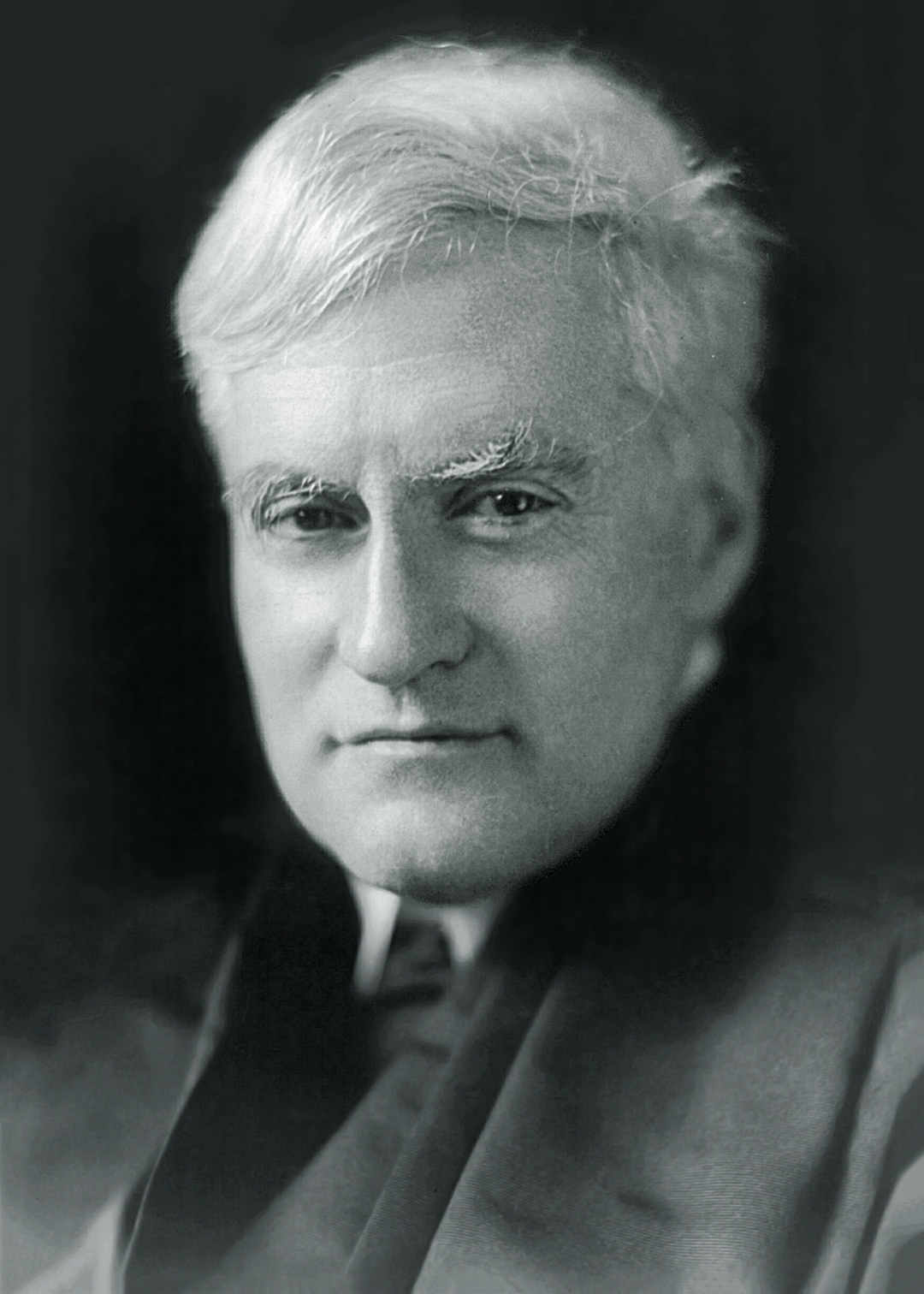“We seek to find peace of mind in the word, the formula, the ritual. The hope is an illusion.”
Pages 66 http://books.google.com/books?id=LGLuAAAAMAAJ&q=%22We+seek+to+find+peace+of+mind+in+the+word+the%22&pg=PA66#v=onepage – 67 http://books.google.com/books?id=LGLuAAAAMAAJ&q=%22formula+the+ritual+The+hope+is+an+illusion%22&pg=PA67#v=onepage
Other writings, The Growth of the Law (1924)
Kontext: Magic words and incantations are as fatal to our science as they are to any other. Methods, when classified and separated, acquire their true bearing and perspective as a means to an end, not as ends in themselves. We seek to find peace of mind in the word, the formula, the ritual. The hope is an illusion.
